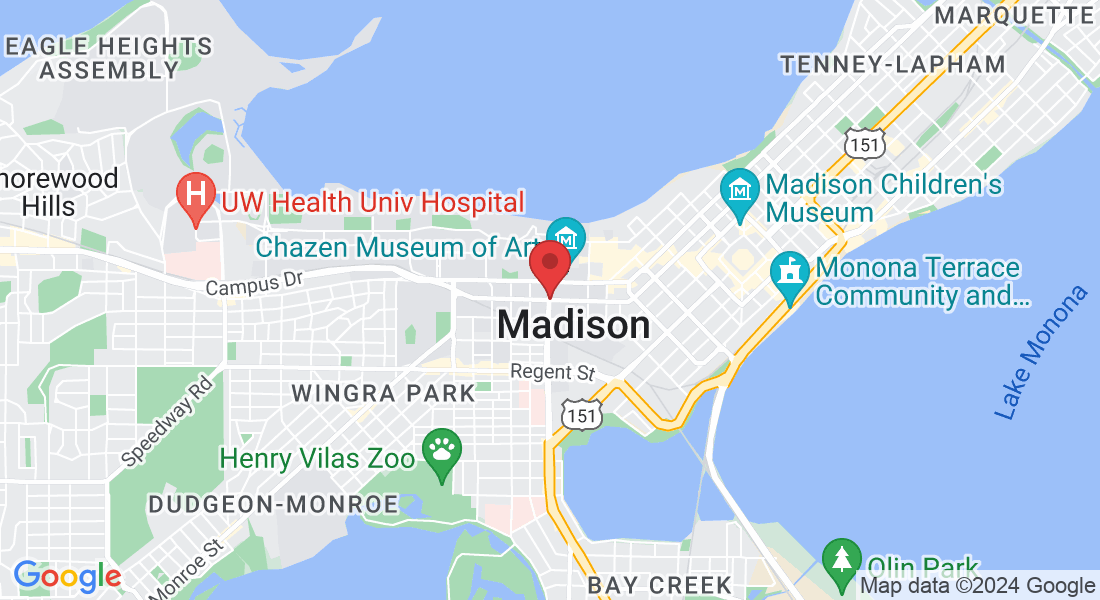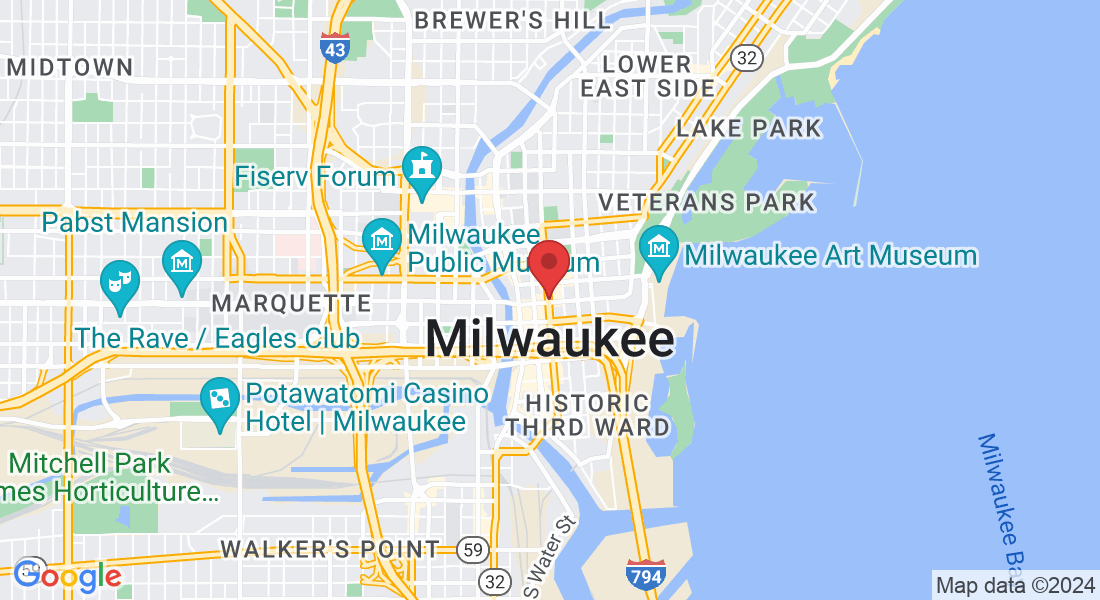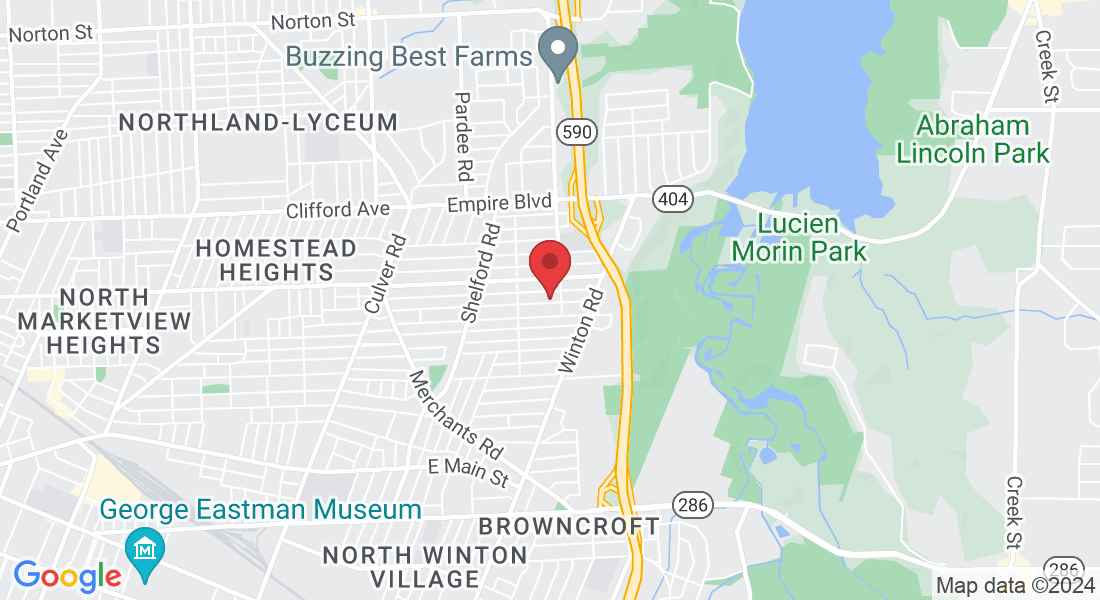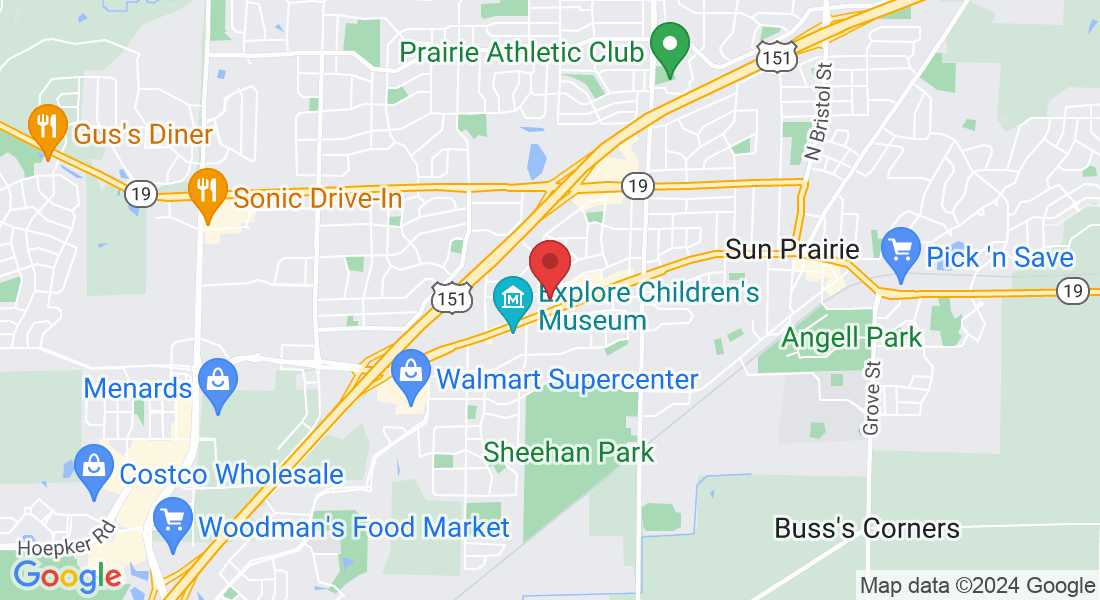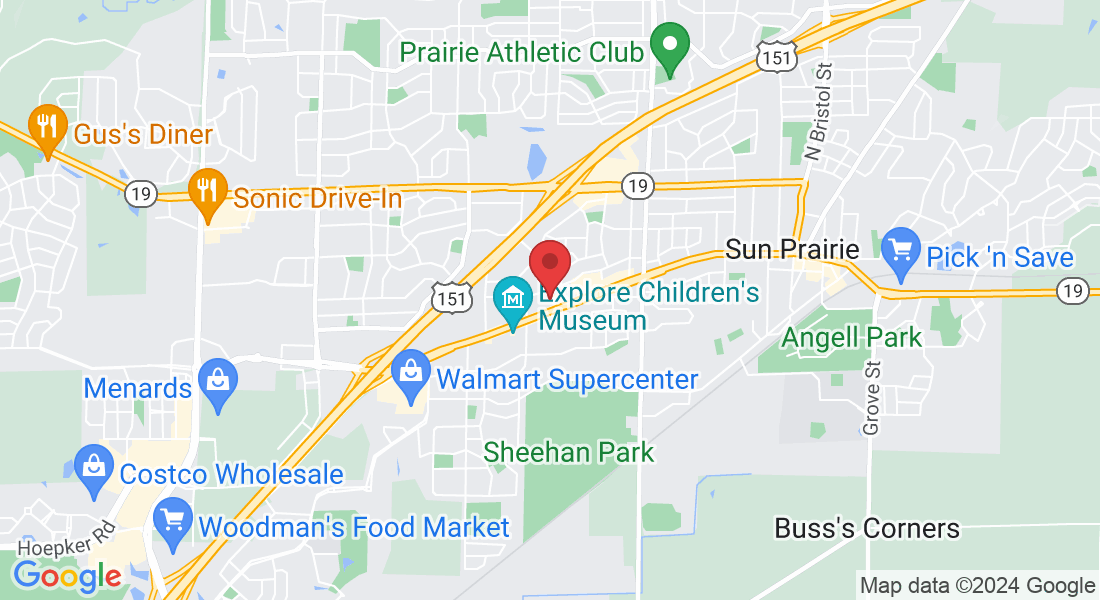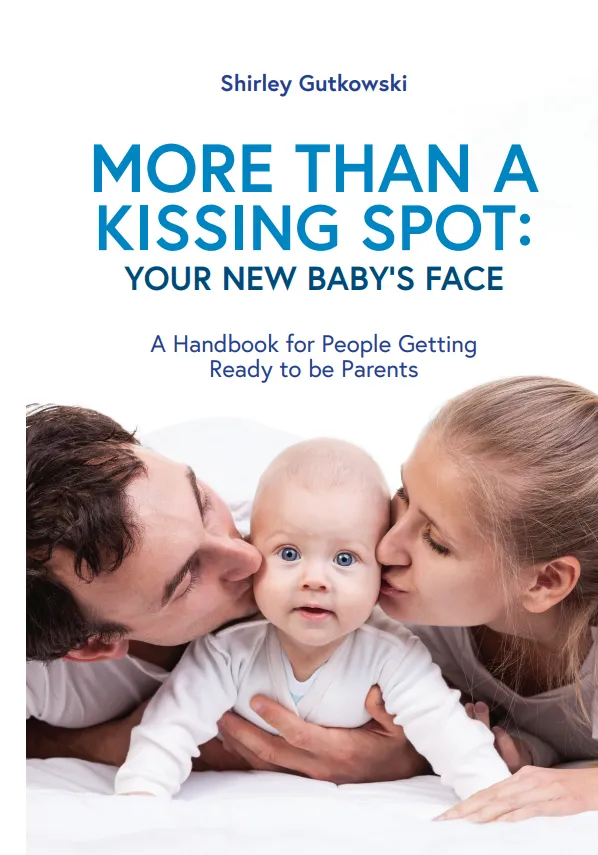
Shirley Gutkowski's latest book on advanced "Baby Care"
Just Released
Scan the QR code to order your copy now...only 100 copies available

Very little is written on the development of the face, yet this lays the foundation for overall health! My goal was to write a concise book that educates and supports new parents. Condensing this topic into a short book is daunting, as there are numerous avenues for exploration. Innate maternal attachment persists for months after birth.
Enjoy this read!
- Shirley Gutkowski, Author
Every birthing center needs this book! The importance of mouth and face development is often overlooked. Understanding this process before childbirth is beneficial, but it’s valuable at any stage.
- Cindy Archillies, RDH and Practicing Orofacial Myofunctional Therapist
It’s finally in print! When I reviewed the draft, I encouraged Shirley to fast-track the printing. It helped my daughter and bridged the gap in many conversations. I’m excited that it’s finally available to everyone.
- Noel Paschke MS, RDH
Shirley is very skilled at simplifying complex issues with relatable language. She is a leader in developing ideas that empower individuals. This includes supporting dental professionals so they can help patients be more involved in their healthcare decisions. This book advocates the key role patients have in promoting natural and proper facial growth that accommodates all teeth, along with other benefits.
- Dr. Eric Zaremski, Dental Medical Ozone Instructor and Dentist
This book will help prevent future dental trauma!
- Beth Dooher-Anthony, RDH, Creator of Serdentity
Mothers need support from their husbands and their parents. Every mother should pass this book on to their pregnant daughters and share it with their sons who are soon-to-be fathers. It’s an ideal gift for baby showers, hospital gift boxes, and OB waiting rooms. This little book is essential for everyone to know.
- Diane Romary, RDH, Retired Elementary School Nursing Assistant
Our Locations
TESTIMONIAL & REVIEWS
"Good morning Shirley ~ I just wanted to reach out and thank you for that amazing article in the September RDH magazine. I do myofunctional therapy in an interdisciplinary airway dental office here in Los Alamitos California. (She is an affiliate of the Breathe Institute.) It's so exciting. Dr. A.'s tongue tie releases cranial sacral/chiropractic therapy, TMJ, and breathing. It's an amazing center. I've been a clinical dental hygienist for going on 40 years, yikes! 😳 Ready to scale back clinical stuff. 😉 I hope you have a beautiful weekend and I would love to hear about your practice."
~Paula T., RDH Myofunctional Therapist
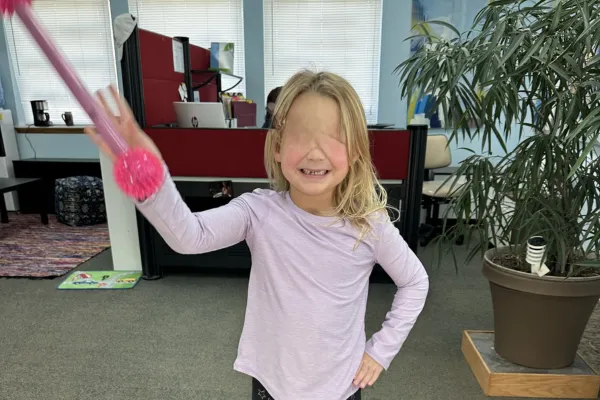

Thank you for all you’re doing for our family! Between treating my daughter for her tongue tie, and making referrals to other outstanding professionals, and now treating my husband’s snoring I’m so grateful that we found you! Sara D.
TESTIMONIAL & REVIEWS

"Good morning Shirley ~ I just wanted to reach out and thank you for that amazing article in the September RDH magazine. I do myofunctional therapy in an interdisciplinary airway dental office here in Los Alamitos California. (She is an affiliate of the Breathe Institute.) It's so exciting. Dr. A.'s tongue tie releases cranial sacral/chiropractic therapy, TMJ, and breathing. It's an amazing center. I've been a clinical dental hygienist for going on 40 years, yikes! 😳 Ready to scale back clinical stuff. 😉 I hope you have a beautiful weekend and I would love to hear about your practice."
~Paula T., RDH Myofunctional Therapist

Thank you for all you’re doing for our family! Between treating my daughter for her tongue tie, and making referrals to other outstanding professionals, and now treating my husband’s snoring I’m so grateful that we found you! Sara D.
Primal Air is a premier a practice specializing in orofacial myofunctional therapy, breathing, chewing, sleep, and overall health, led by the esteemed author, speaker and trainer, Shirley Gutkowski. With a focus on optimizing oral and facial muscle function, Primal Air offers cutting-edge treatments designed to enhance breathing, swallowing, and overall dental health.
we are on the map
address
1266 W Main St, Sun Prairie, WI 53590
Social Pages
Copyright 2025
Primal Air OMT . All rights reserved
Primal Air is a premier practice specializing in orofacial myofunctional therapy, breathing, chewing, sleep, and overall health, led by the esteemed author, speaker and trainer, Shirley Gutkowski. With a focus on optimizing oral and facial muscle function, Primal Air offers cutting-edge treatments designed to enhance breathing, swallowing, and overall dental health.

